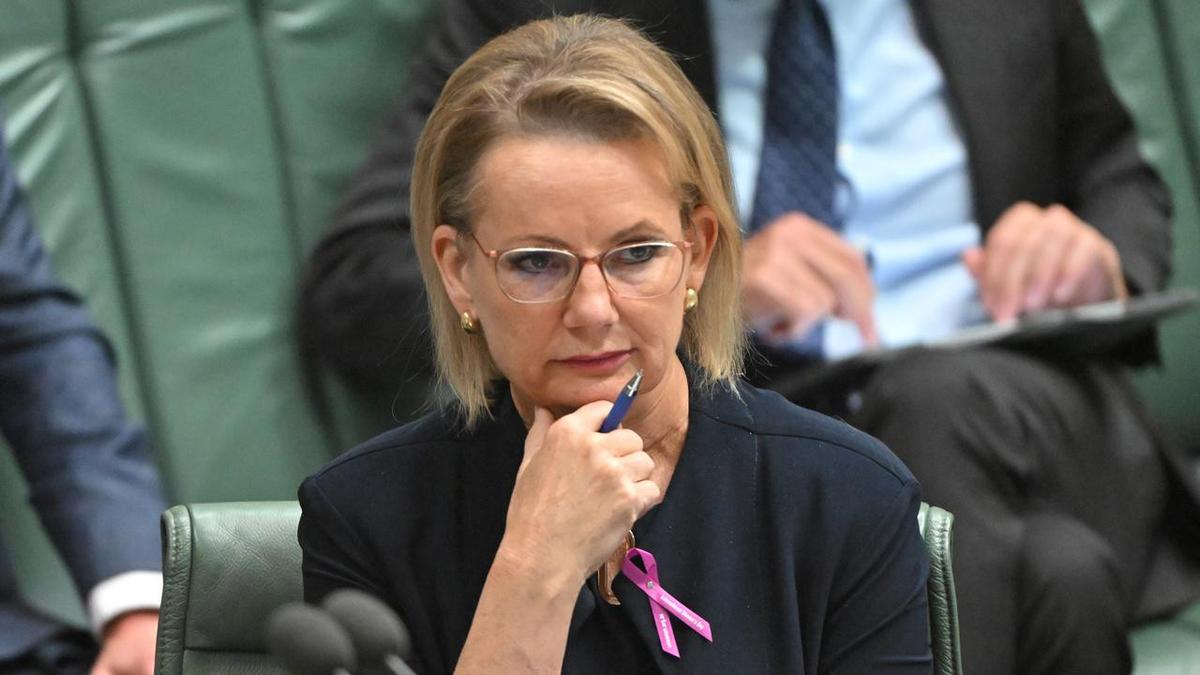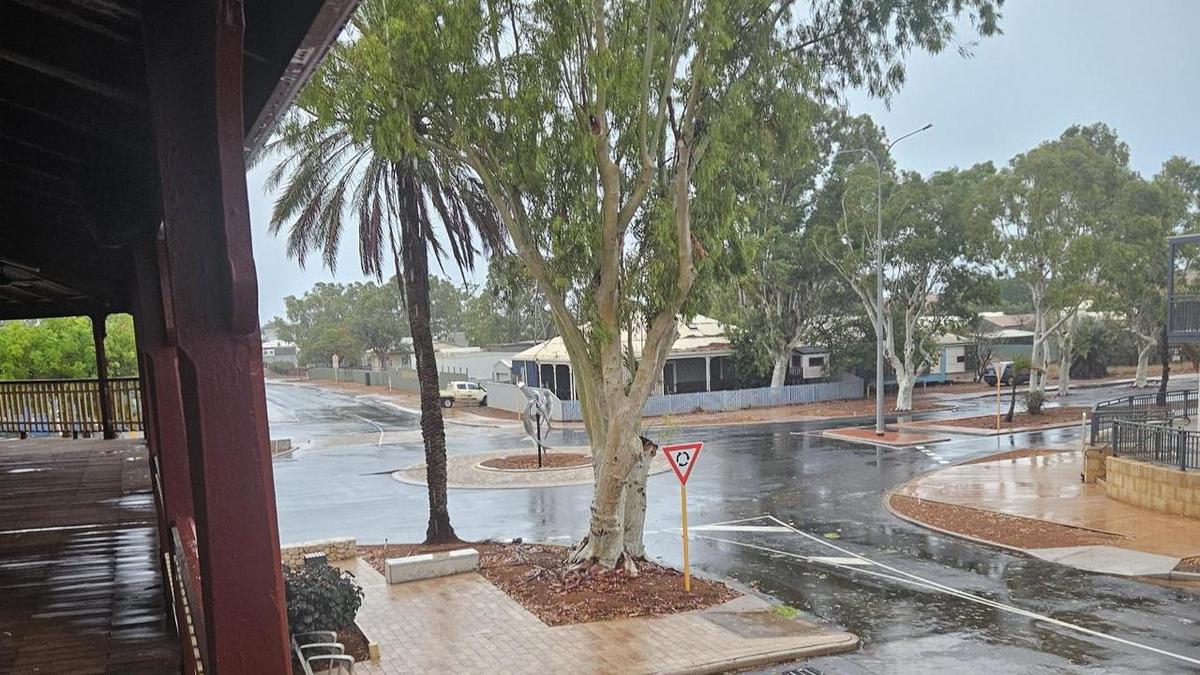
The 2025 Conservative Political Action Conference (CPAC) held in Brisbane has sparked discussions around the rising trend of delusional political thinking. Prominent figures such as Jacinta Nampijinpa Price and Tony Abbott took center stage, advocating for views that many argue are out of touch with Australia’s multicultural reality and pressing climate challenges.
Political rhetoric at CPAC resonated with themes prevalent in the United States. The event, influenced by figures like the Murdochs and Gina Rinehart, featured speakers who championed conservative ideologies while neglecting the complexities of Australian society. Price, who has faced recent political demotion, was noted for her remarks about American commentator Charlie Kirk, reflecting a transpacific alignment in conservative narratives.
Amidst the crowd, which included notable attendees like Bridget McKenzie and Matt Canavan, the call for a formal coalition between the Liberal National Party (LNP) and One Nation drew enthusiastic cheers. McKenzie emphasized the need for conservative factions to unite, despite her role in the division that followed the last federal elections. This was a striking irony, given the circumstances surrounding the split between the Nationals and the Liberals.
Disregarding Reality
The conference highlighted a disconnection from pressing issues, particularly regarding climate change. Key speakers uniformly agreed on dropping any absolute emissions targets, disregarding scientific consensus. This stance was met with applause, yet critics argue it overlooks the reality that Australia is experiencing significant climate impacts.
The federal government’s recently proposed emissions reduction target of 62-70 percent by 2035 has been met with skepticism. Climate experts contend that this target is insufficient to address the challenges facing the nation, as highlighted in the government’s own Climate Risk Assessment report. Solutions for sustainable agriculture, transportation, and energy production remain critical yet largely unaddressed in political discourse.
The lack of acknowledgment that Australia operates within a distinct context compared to the United States raises concerns about the effectiveness of current strategies. The absence of realistic discussions may benefit the current Labor government, which faces minimal opposition from the conservative factions represented at CPAC.
International Reactions and Challenges
Meanwhile, Anthony Albanese, Australia’s Prime Minister, is navigating international pressures while in New York. His government has committed to recognizing Palestine, a decision that has sparked backlash from some American Republican politicians. This move, though largely symbolic, highlights the complexities of global diplomacy in the face of escalating conflicts.
The Prime Minister’s interactions with U.S. leaders, particularly former President Donald Trump, present both opportunities and potential pitfalls. There are concerns that such encounters could lead to diplomatic tensions, echoing past instances where leaders faced challenges in maintaining their positions amidst external pressures.
The political landscape in Australia is evolving, with contrasting views represented at CPAC and within the federal government. As the nation grapples with urgent climate issues and international relations, the efficacy of political narratives rooted in delusion remains to be seen. The discourse surrounding these topics will play a crucial role in shaping Australia’s path forward, particularly as it seeks to balance domestic concerns with its global responsibilities.







